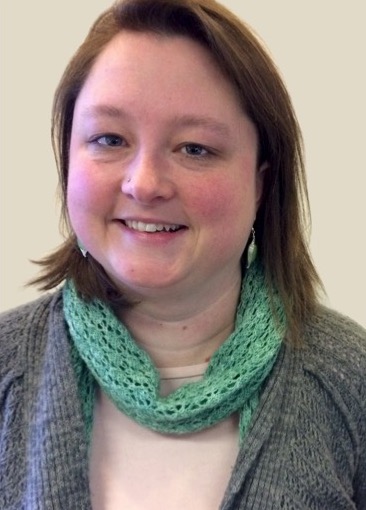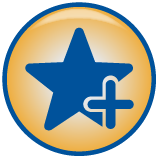Meet Alexis Clifton
Open SUNY COTE is pleased to introduce you to Alexis Clifton, Executive Director, SUNY OER Services.

Executive Director
SUNY OER Services
What is SUNY OER Services?
SUNY OER Services (SOS) exists to help institutions establish, support, and maintain sustainable OER programs. We help campuses increase student access and success through OER practices.
Our work includes mentoring, collaboration, technical support, and providing access to a broad catalog of open textbooks. We also offer campuses user-friendly technology to adopt, adapt, and tailor existing OER for individual needs. We provide guidance for creating and distributing new materials. We work with faculty champions of OER for workshops on incorporating OER in the classroom. We help campuses work with stakeholders, such as student government organizations, to build sustainable practices around OER. We offer assessment practices to measure the change that OER brings.
Our mission is really to support and scale OER initiatives to increase access for all students.
What is your background or expertise prior to SUNY?
I taught English & writing courses for 15 years in a community college system in the state of Washington. I have experience as an online instructor and I’ve also been an instructional designer for arts and humanities courses. I like to approach projects from the point of view of what is exciting about teaching and learning. I decided not to use a textbook before I knew that was a “thing,” and came to OER in a roundabout way. I was involved in OER projects in Washington state and the national Kaleidoscope open course initiative. From there I got connected with folks at Lumen Learning and spent two years working to help faculty and programs establish OER initiatives across the country. Moving to SUNY offered the opportunity to embedded in an energetic system and be able to focus on a core set of initiatives as an academic from that perspective again. I appreciate working within an academic-minded community and it presents unique challenges, and advantages, from a system perspective.
What activities or initiatives will you be focused on for the coming academic year in SUNY OER Services?
We are prepared to help any SUNY institution that seeks advice, mentorship, or technical support related to the OER budget allocation. There is a large initiative for professional development this year with a goal to reach 1200 faculty and staff by the end of 2017. Community development around knowledge evolution and support structures for individuals and institutions will also be an important parallel effort. Regional development workshops are also being hosted (Fredonia on August 12, Plattsburgh & Westchester on September 8).
The conversations are around how to overcome challenges in OER implementation and learning about teaching with OER in a way that is contextualized to SUNY faculty and their needs. This is very much a faculty-driven effort and will be guided by those OER faculty champions who have begun the hard work, and seen its rewards, already.
How will you be working with and supporting campuses, specifically?
My role is to get people to talk to each other. I am someone who can come in, visit a campus and gather people in the same room to have nuts and bolts discussions. It is critical to include all possible stakeholders. I am the catalyst to help coordinate mentorship, highlight unique approaches from campuses, and elevate those stories and how we can learn from each other.
What are some challenges or roadblocks campuses face when scaling OER?
While there are a growing number of well-developed materials out there, many disciplines are still not well represented, and that can be discouraging. Discoverability is important and the distributed resources that exist can be difficult to locate. This necessitates the role of librarians in helping to scale OER efforts. OER is well-developed for general education and transfer courses, but less so for higher level courses currently. We have an opportunity to address that this year.
What do you think is the largest area of impact for OER implementation?
The greatest impact we can hope to have is on student success. Opening access to course materials for all students and the impact of the perception the students have that their instructor has their best interest in mind really sets the tone for their success.
Is there anything else you would like to share?
SUNY OER Services is a vehicle to support faculty adoption and implementation of OER by faculty, for faculty. It is a peer-to-peer support network of learning, sharing and collaboration. The OER movement is a ground-up initiative and needs to be in order to be successful, while supported by system and by NYS resources.
Fun Fact:
I got married in Siena, Italy.
Alexis is an Open SUNY Fellow in the Experienced Online Practitioner role.
Follow Alexis on Twitter @openalexis!
Follow SUNY OER Services on Twitter @SUNYOERServices!
community, faculty development, initiatives, oer, online, online faculty, online faculty development, open, professional development, projects, SUNY
